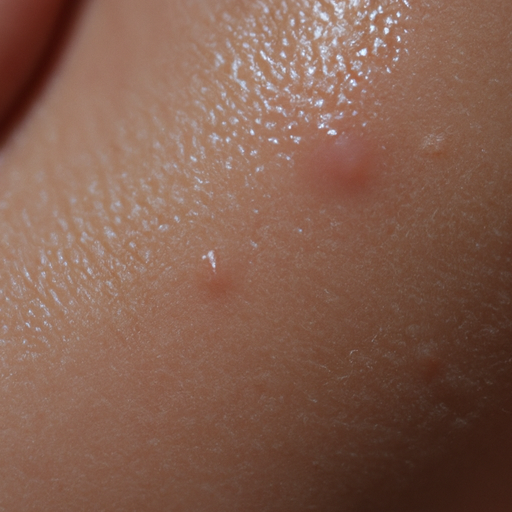As a medical professional, I often encounter patients who struggle with oily skin. This common skin condition can lead to acne breakouts, a shiny complexion, and even feelings of self-consciousness. However, with the right strategies, you can manage oily skin and maintain a healthy, radiant glow. Here are eight proven tips for conquering oily skin.
1. Cleanse Regularly: The first step in controlling oily skin is regular cleansing. It’s essential to remove excess oil and impurities without over-drying your skin. Choose a gentle, oil-free cleanser and wash your face twice daily. Avoid harsh soaps or detergents as they can strip your skin of its natural oils, causing it to produce even more oil in response.
2. Use a Toner: Incorporating a toner into your skincare routine can help balance your skin’s pH levels and reduce oiliness. Look for toners with ingredients like witch hazel or salicylic acid, which can help control oil production. However, avoid alcohol-based toners as they can be too drying.
3. Moisturize Daily: While it may seem counterintuitive, moisturizing is crucial for oily skin. When your skin is dehydrated, it compensates by producing more oil. Opt for an oil-free or non-comedogenic moisturizer that won’t clog your pores.
4. Exfoliate Weekly: Exfoliating helps remove dead skin cells that can clog pores and increase oil production. However, over-exfoliation can irritate your skin and trigger more oil production. Aim to exfoliate once or twice a week with a gentle scrub or chemical exfoliant.
5. Use Oil-Free Makeup: If you wear makeup, choose oil-free, non-comedogenic products that won’t clog your pores. Also, avoid heavy foundations and opt for mineral-based or powder foundations instead.
6. Stay Hydrated: Drinking plenty of water can help keep your skin hydrated from the inside out and may help regulate oil production. Aim for at least eight glasses of water a day.
7. Eat a Balanced Diet: Certain foods can trigger oil production. Try to limit your intake of greasy, fried foods and refined sugars. Instead, focus on consuming a balanced diet rich in fruits, vegetables, lean proteins, and whole grains.
8. Consult a Dermatologist: If you’ve tried various methods and still struggle with oily skin, it may be time to consult a dermatologist. They can provide personalized advice and may recommend treatments like topical retinoids or oral medications to help control oil production.
Remember, everyone’s skin is different, and what works for one person may not work for another. It may take some trial and error to find the right skincare routine for your oily skin. However, with patience and consistency, you can achieve a healthier, less shiny complexion.
In conclusion, while oily skin can be challenging to manage, it’s not impossible. By implementing these eight tips into your skincare routine, you can help control oil production, prevent breakouts, and improve the overall health of your skin.



